“I was trapped in a pattern of toxic relationships – it took years to break free”
I had no capacity to spot the red flags
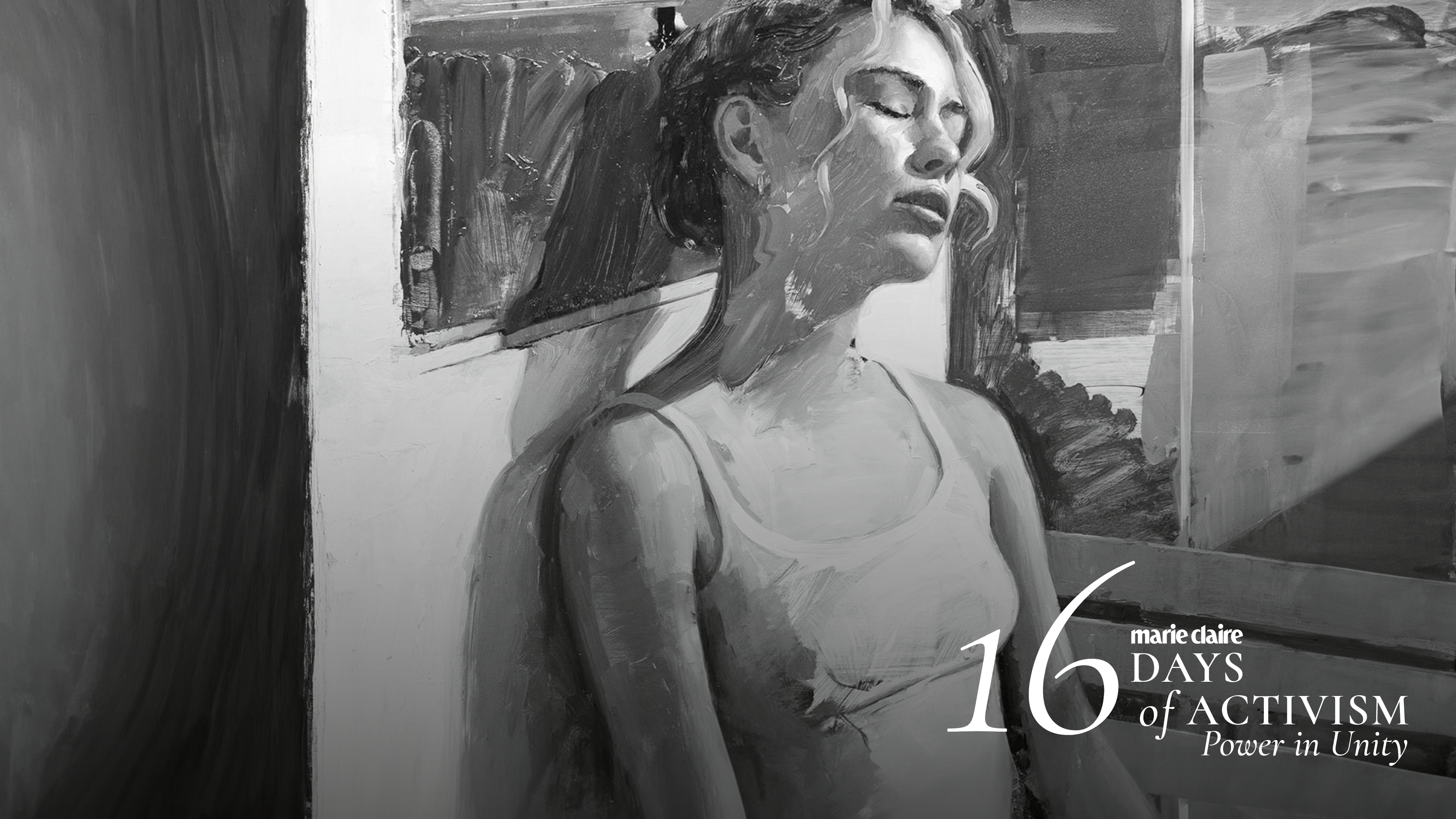

As part of Marie Claire’s 16 Days of Activism campaign, author Genevieve Wheeler reflects on the insidious nature of toxic relationships and how—for better or worse—our early brushes with love can become the blueprint for our future relationships. Here, she remembers what it feels like to be in a relationship with someone who’s emotionally unavailable.
By Genevieve Wheeler
“I was 16 years old—baby-faced, learning to drive, and running late for a 3OH!3 concert (that my mum chaperoned) when we first met. He was wrapping up a “jam sesh” at our mutual friend’s house, carrying a ukulele on his way out the door and flashing a goofy, crooked smile in my direction.
We went to different schools, but in the days and weeks following, we struck up a flirtation over AOL Instant Messenger (where else?) and within a month, we were an item.
Some aspects of our relationship are still crystal clear, but others are foggier or blocked out entirely. I can’t remember the colour of his eyes, for instance (hazel, I think?), or the song he dedicated to me. But I’ll never forget the flush of shame and embarrassment I felt when he told one of my friends I wasn’t a great kisser a month or so after we’d officially started dating, or the overwhelming dread I experienced when he ignored my text messages and invitations to make plans on Friday nights.

The trouble was, and is, that this was my first experience with ‘love’ — the blueprint for all romantic relationships to follow. I was taught, early on, that it was normal to walk on eggshells with a partner; to watch them blatantly flirt with other people in front of you (or on Twitter); that having any emotional reaction or frustration or hurt was automatically over-the-top and outsized and ‘too much.’
It would eventually end when he kissed a close friend of ours—a few days before I started my final year of grade school—but these lessons were already deeply ingrained. My capacity for catching red flags had been erased (obliterated, really) before I was even old enough to buy lottery tickets.
Marie Claire Newsletter
Celebrity news, beauty, fashion advice, and fascinating features, delivered straight to your inbox!
Fast-forward nine years, almost to the day, and drop 25-year-old me at an Italian bar in south London, where I then met a man we’ll call Colin. I’d had a slew of short-lived romances and situationships in the years prior, but Colin immediately felt different; he felt special. He was everything I’d been looking for on dating apps in London — chiselled jawline, well-established career, bumbling Hugh Grant charm.
Colin and I would get drinks that Friday. And the Friday after that. And the Friday after that. Though never official, we slipped into the rhythm of a relationship with relative ease — greeting each other with quick kisses, holding hands in movie theatres, learning how the other liked their tea and toast and eggs made just so. I knew which podcasts he listened to when he couldn’t sleep and the silly nickname he’d given his first car.
The downside, however, was that Colin was noncommittal at best and intentionally manipulative at worst, and I’d become increasingly confused by the lack of texts and abundance of forehead kisses I’d received in the time we’d been ‘dating’. Much like my grade school boyfriend, he would ignore my messages for days on end, and then become frustrated with me if I made other weekend plans. He’d invite me to see films and plays and concerts but refused to call me his girlfriend for over a year. When my parents and best friend flew in for my grad school graduation, he opted to go to improv class instead of my celebratory group dinner. And despite the fact that we’d decided to date exclusively, he continued to browse apps like Bumble and Hinge (our relationship only ended when my colleague found his profile on the latter, days after we’d spent a weekend together in the countryside).

Imagine putting a puzzle together—piece by piece, day after day—and, upon its completion, realising you’ve somehow built a cage entrapping yourself. Ending up in a toxic relationship—as I did at 16, then again at 25—is a similar phenomenon, I think. It’s all fun and games and light-hearted, silly date nights until it’s not anymore, until you’re caught in an emotional prison of your own making, and you can’t quite figure out what you’ve done wrong or how you’ve ended up there. It’s mind-numbing and exhausting, but you’re convinced you must be the problem — why else would someone treat you this way? Why else would the walls be closing in?
It took years of therapy for me to finally be able to honestly answer these questions and realise that sometimes we find ourselves in toxic relationships not because we’re inherently flawed, but because we are hopeful and compassionate and willing to see the best in others.
We ignore the red flags because we’re blinded by the initial sparkle, the charming words and the potential we desperately want to believe is there. It’s easy to be swept up by small gestures of kindness and moments of connection that obscure deeper incompatibilities or malintentions, lurking beneath the surface.
As difficult as it’s been to wrap my mind around this and gain clarity, the reality here is actually quite simple — if a relationship (or situationship, or whatever you want to call it) doesn’t feel good, it means it’s not. That’s not to say that healthy, stable couples don’t struggle as well, but the undercurrent should always be love and respect, not anxiety and guilt and gaslighting.
Reflecting on my own journey, I learned to recognise crucial warning signs, from inconsistent communication to the affection that comes with conditions to a reluctance to define and commit. These are tell-tale indicators I (eventually) taught myself to avoid, instead seeking out partners who valued reciprocity and mutual care, not those who made my heart feel like it was in a constant game of tug-of-war.
It took years of therapy—as well as the consistent love and patience of my now-fiancé—for me to be able to comprehend this. But, now armed with self-awareness and a bolstered sense of self-worth, I know that love is meant to add, not subtract. No one in your life—romantic or otherwise—should make you feel less than. No matter what.”
Genevieve Wheeler is an American writer and communications director. Her bylines have appeared in publications including Cosmopolitan, Vice, Vogue Business, Teen Vogue, Elite Daily, and PopSugar, and her work and words have been cited in The New York Times, Vox, the BBC World Service, Cheddar News, Jezebel, and beyond. Adelaide is her debut novel and it was a Marie Claire US #ReadWithMC book club pick.

Mischa Anouk Smith is the News and Features Editor of Marie Claire UK.
From personal essays to purpose-driven stories, reported studies, and interviews with celebrities like Rosie Huntington-Whiteley and designers including Dries Van Noten, Mischa has been featured in publications such as Refinery29, Stylist and Dazed. Her work explores what it means to be a woman today and sits at the intersection of culture and style. In the spirit of eclecticism, she has also written about NFTs, mental health and the rise of AI bands.
-
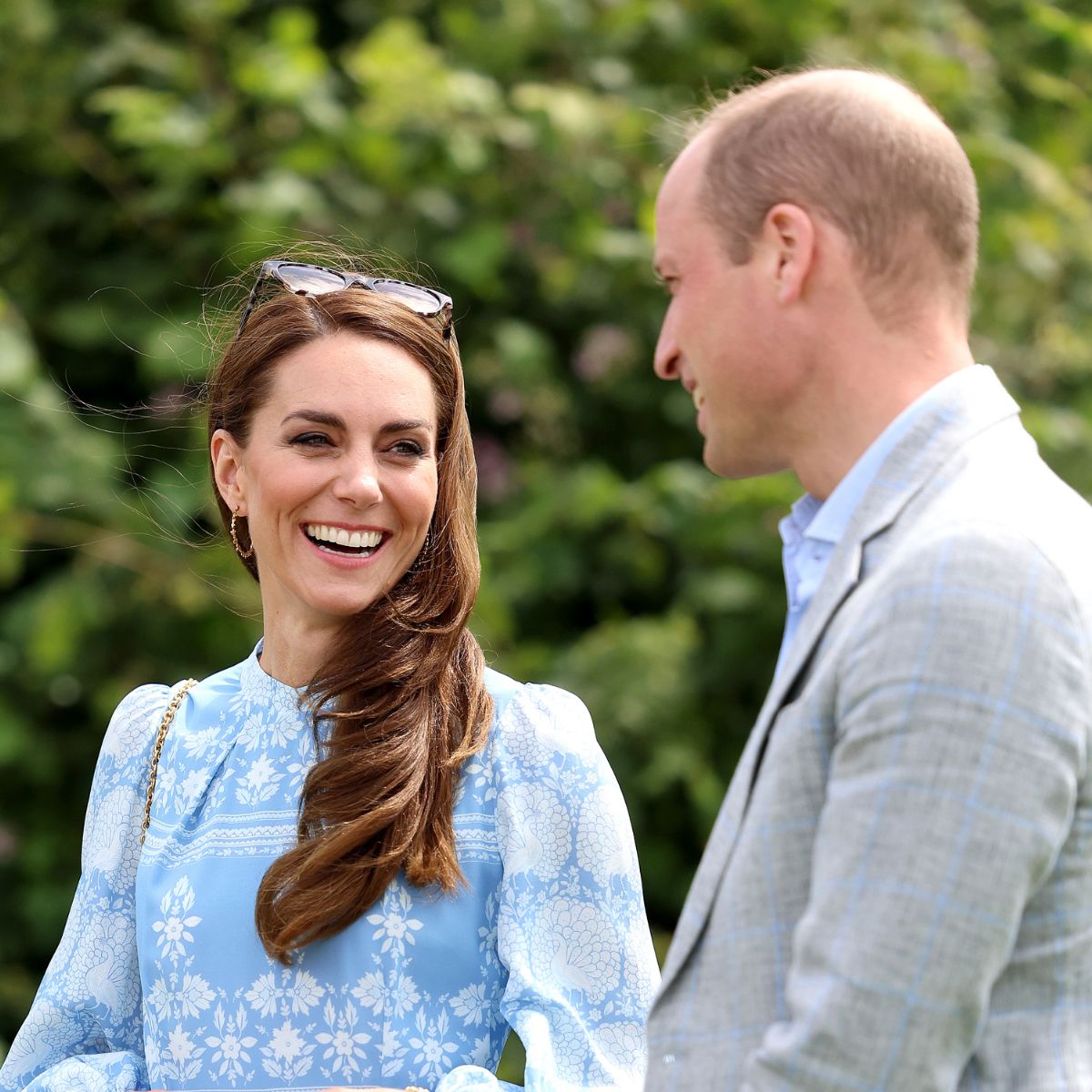 Princess Kate has started a new tradition with Prince Louis’ birthday portrait
Princess Kate has started a new tradition with Prince Louis’ birthday portraitBy Jenny Proudfoot
-
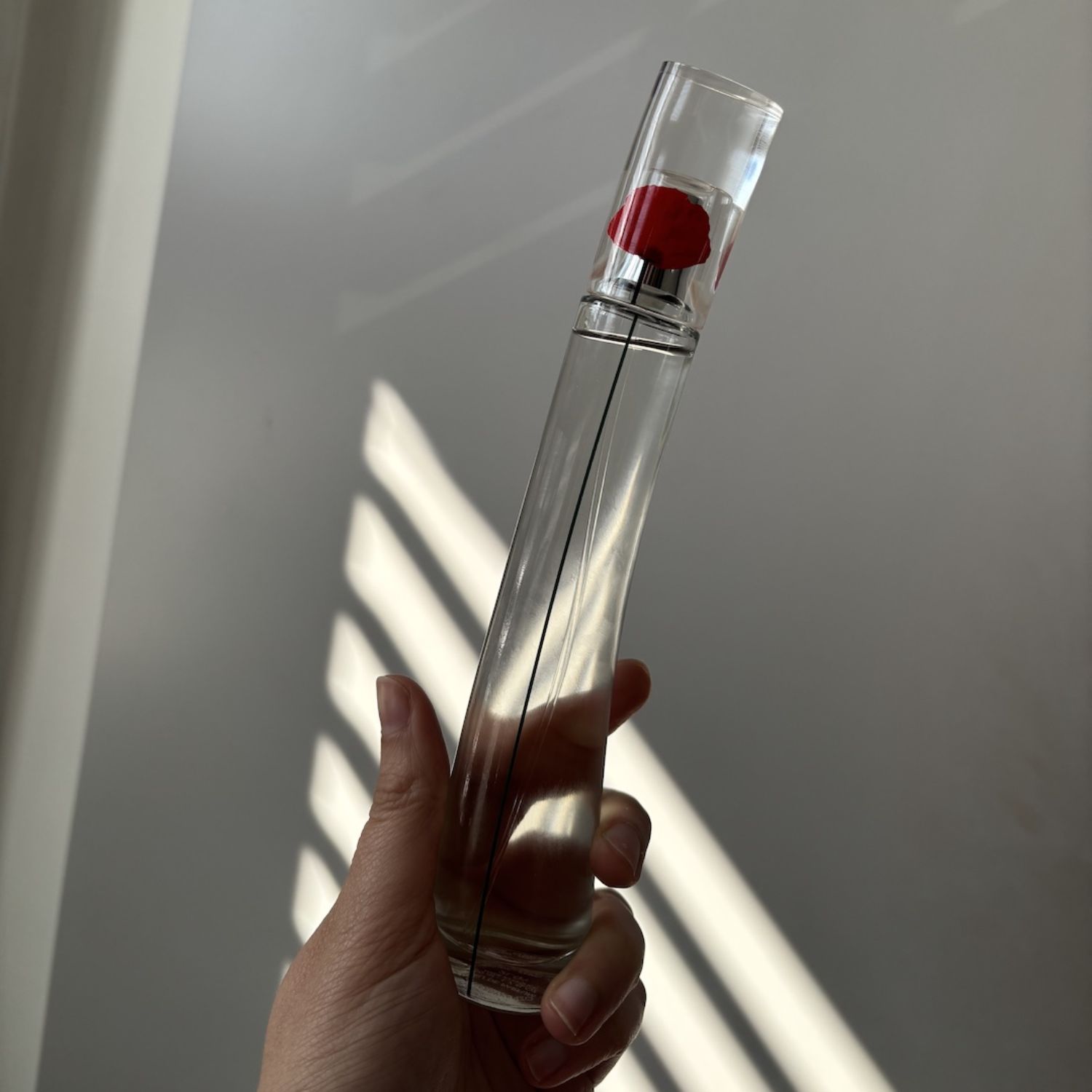 As a perfume-obsessed beauty editor, I can’t believe it’s taken me 25 years to try this classic Y2K scent
As a perfume-obsessed beauty editor, I can’t believe it’s taken me 25 years to try this classic Y2K scentIt was worth the wait
By Mica Ricketts
-
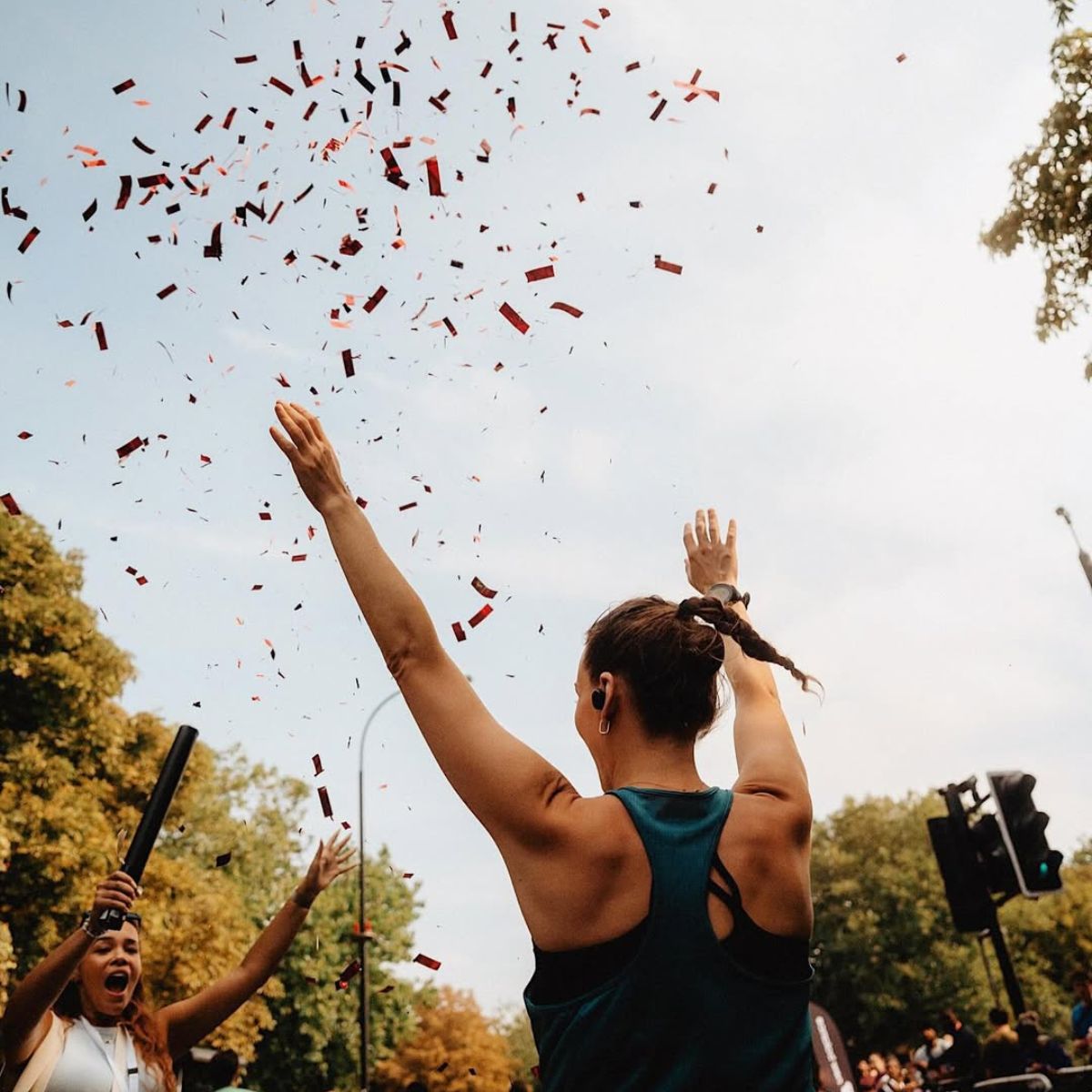 I'm a 9x marathoner who likes looking and feeling their best. Enter: the functional but fashionable race day outfits I swear by
I'm a 9x marathoner who likes looking and feeling their best. Enter: the functional but fashionable race day outfits I swear byThese outfit formulas almost guarantee you a PB.
By Ally Head
-
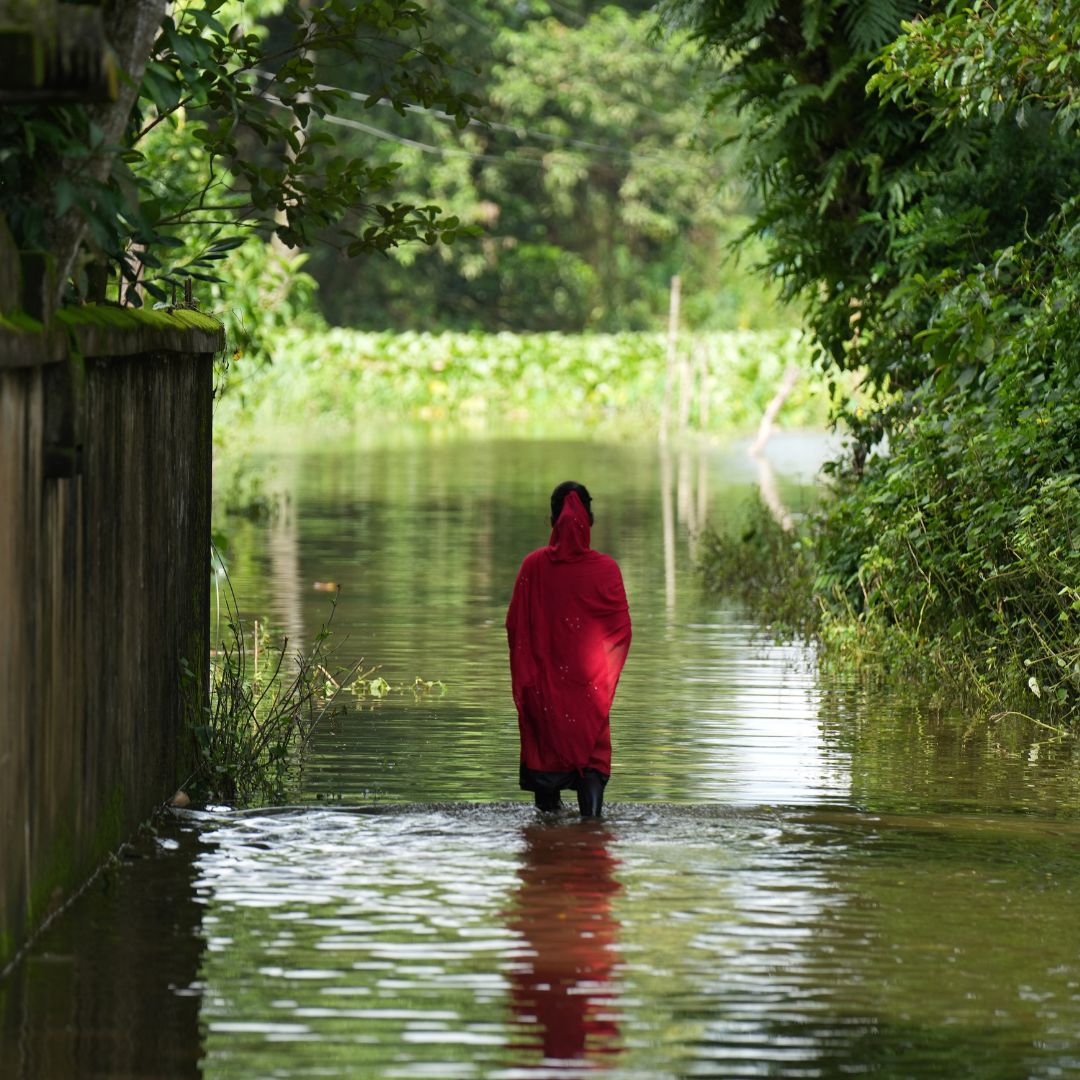 Women and girls are bearing the brunt of the climate crisis—they’re also leading the fight to solve it
Women and girls are bearing the brunt of the climate crisis—they’re also leading the fight to solve itWhy the climate crisis is a women’s rights crisis
By Mischa Anouk Smith
-
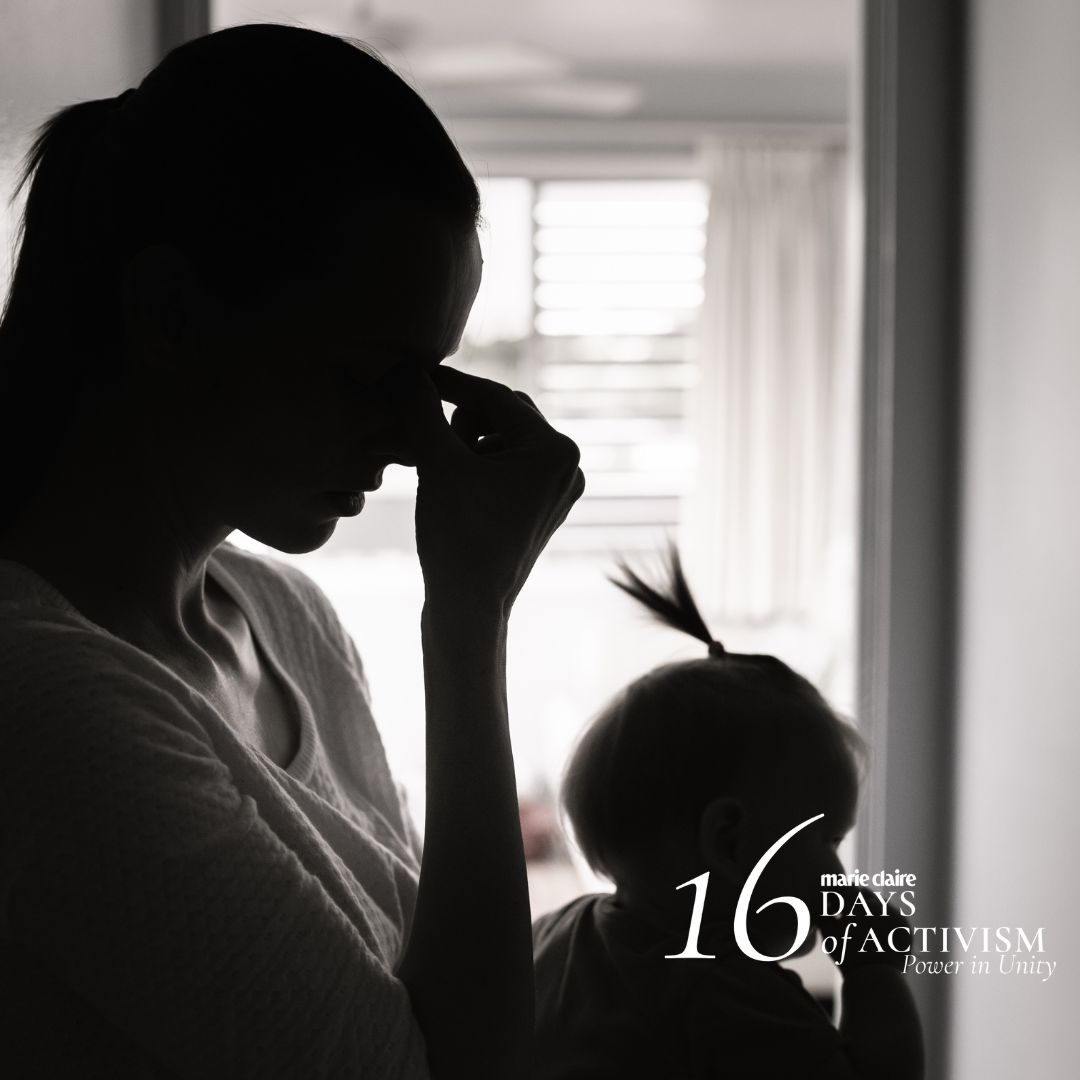 “I walked into the hospital with my daughter and admitted my partner had split my C-section open”
“I walked into the hospital with my daughter and admitted my partner had split my C-section open”Victims don’t have a choice when it comes to abuse, but some things happen in our childhood that make us more likely to accept it
By Mischa Anouk Smith
-
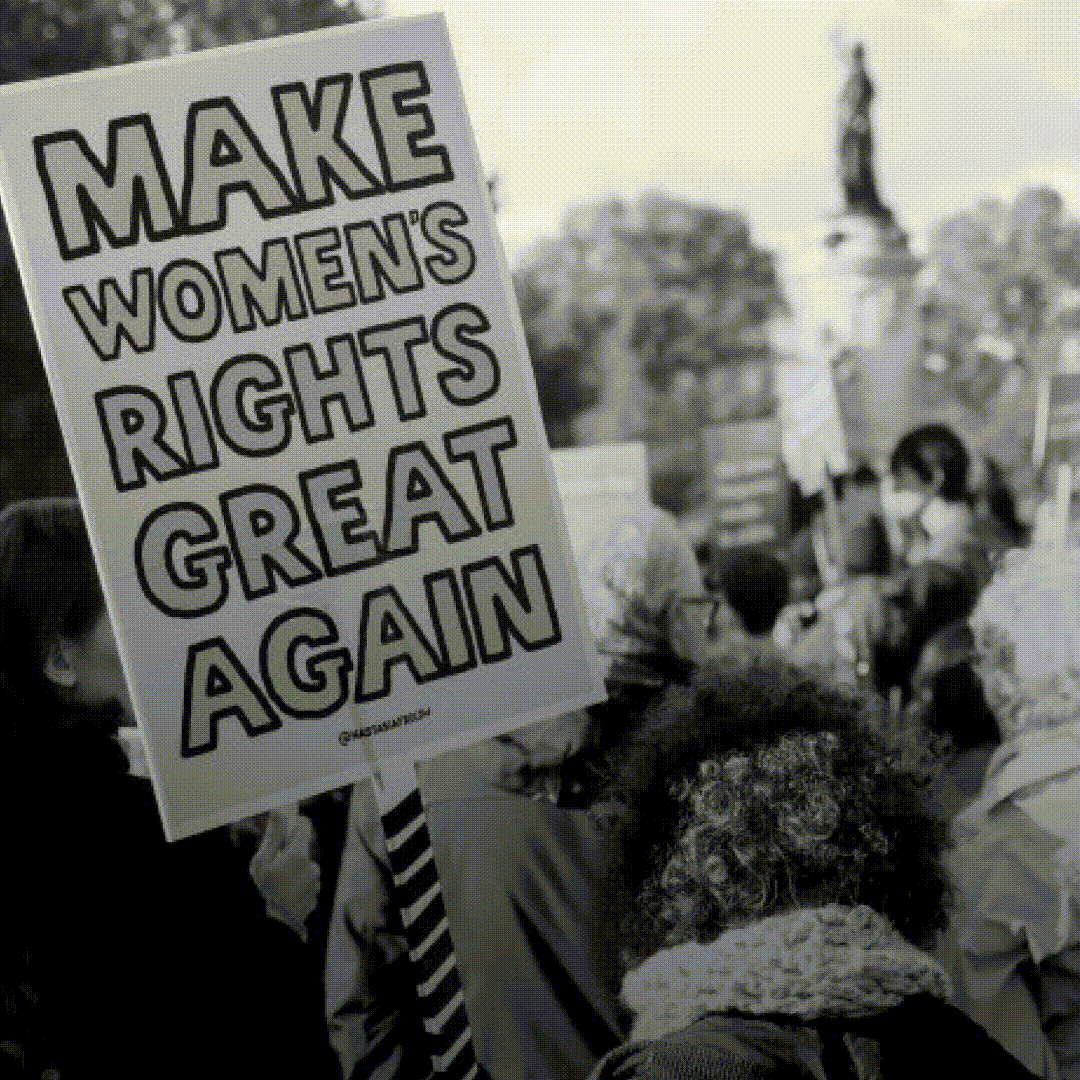 What is 16 Days of Activism Against Gender-Based Violence?
What is 16 Days of Activism Against Gender-Based Violence?“Misogyny, sexism, and women’s inequality are rife across the country”
By Mischa Anouk Smith
-
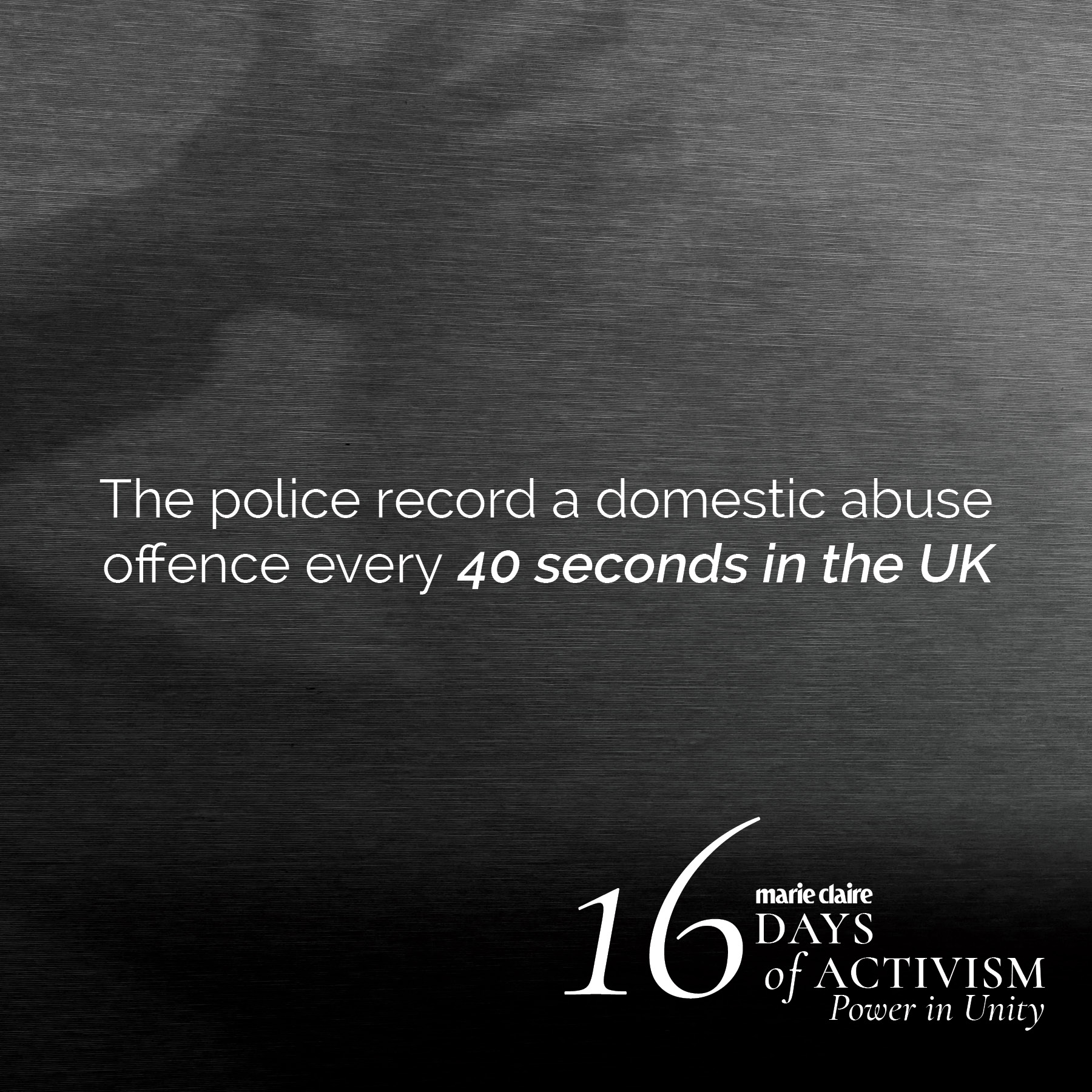 A woman is killed by a man every 2.7 days in the UK — the time to act is now
A woman is killed by a man every 2.7 days in the UK — the time to act is now25 shocking stats about the impact and scale of gender-based violence
By Mischa Anouk Smith
-
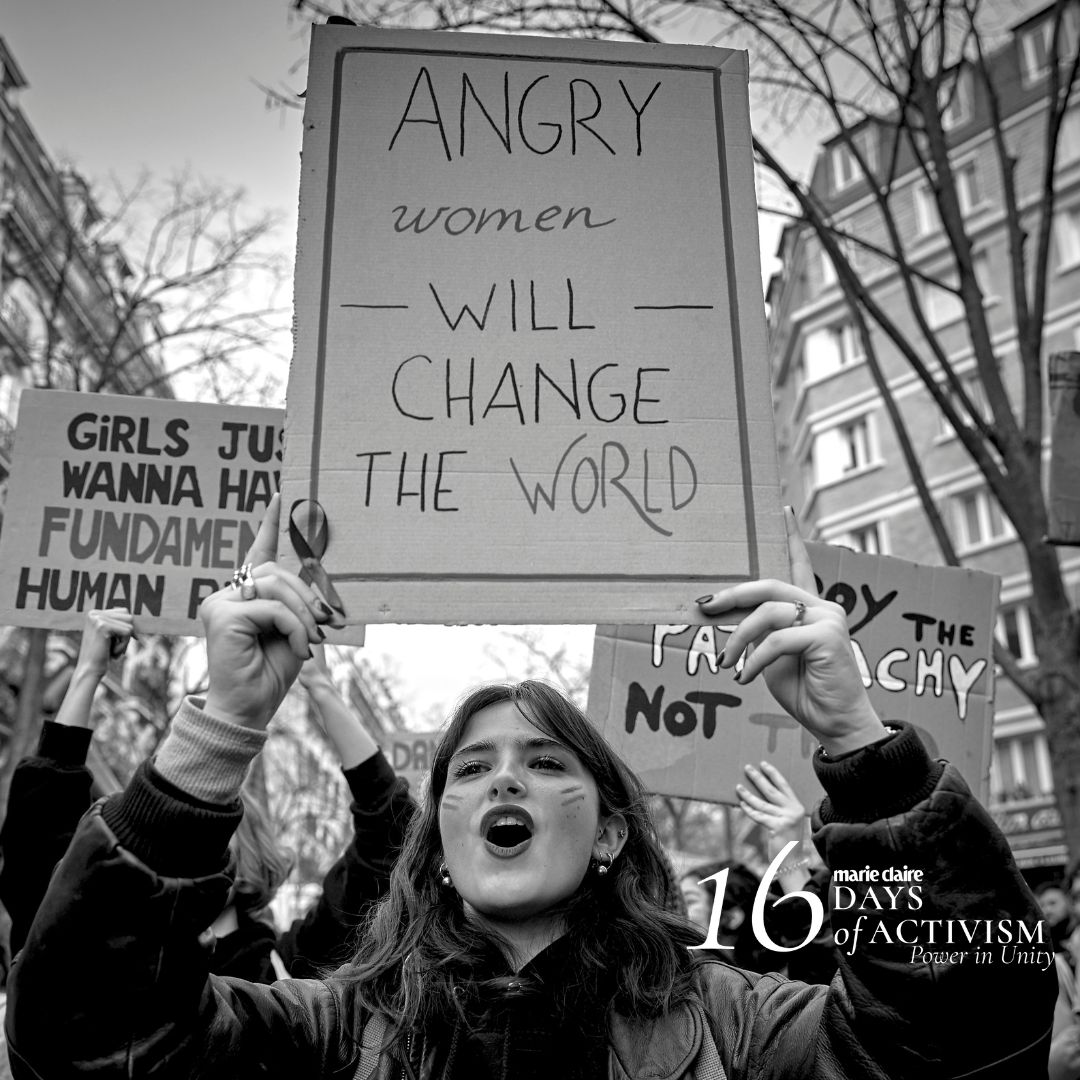 Know your rights—here’s everything you need to know about The Worker Protection Act
Know your rights—here’s everything you need to know about The Worker Protection ActKnow your rights—here’s everything you need to know about calling out sexual harassment
By Mischa Anouk Smith